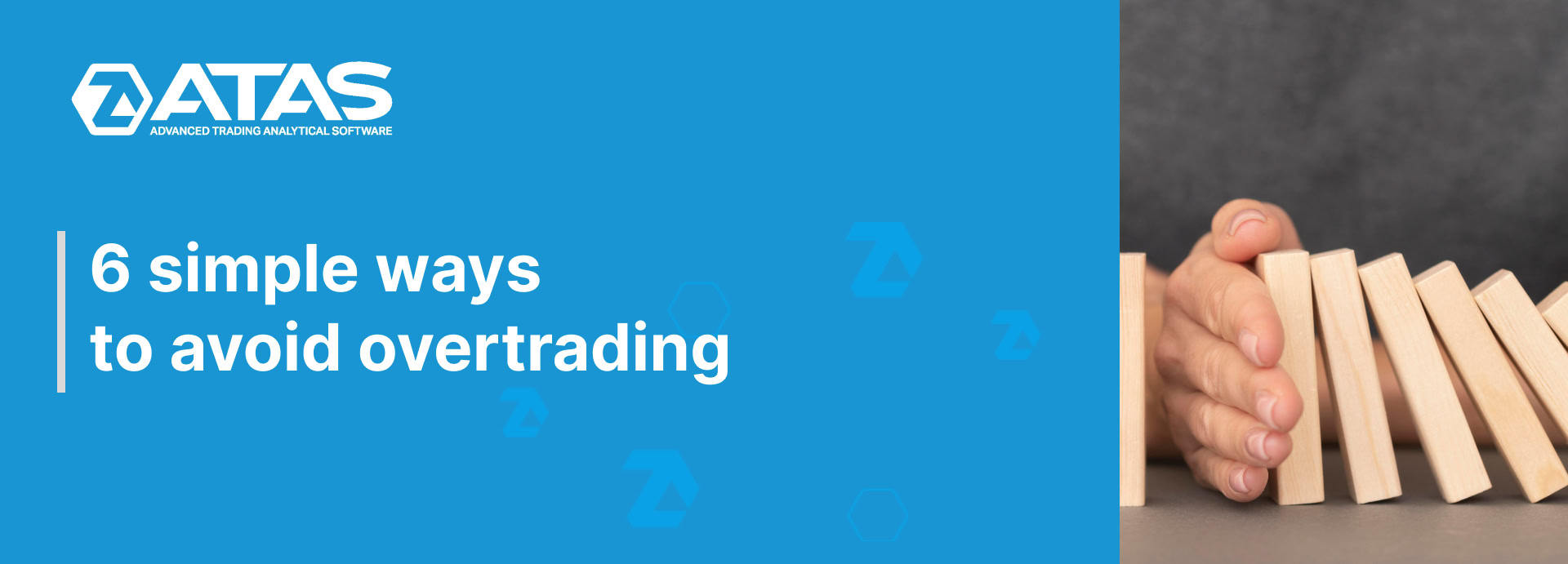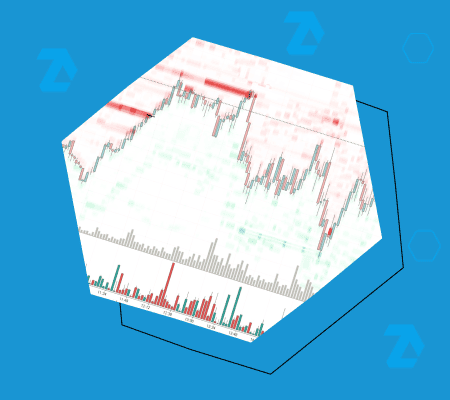
Overtrading and micromanagement of trades are among the main reasons why traders fail. Very few traders understand why they overtrade and even a less number of traders know how to get rid of this vicious and very expensive habit.
In this article, we will consider the most wide-spread problems, which are connected with the extremely active trading and micromanagement, and also propose efficient ways of their solution.
In this article:
- The 80/20 rule in trading.
- Micromanagement vs ‘set and forget’ principle.
- Screen time and boredom.
- Eliminate the need to constantly stay in the market.
- Reduce the number of mistakes to the minimum.
- Set priorities right now and stop excessively active trading.
The 80/20 rule in trading
The 80/20 rule (or as it is also called the Pareto principle) states that 80% of the effects come from 20% of the causes. This principle is generally accepted in many spheres. It covers both our everyday life and business. Well-known examples: 80% of sales come from 20% of clients; 80% of trades are closed by 20% of trade representatives; 80% of claims come from 20% of clients; 80% of the world’s wealth belongs to 20% of people and so on…
The Pareto principle could also be applied to trading. 80% of the results come from 20% of your actions. Nevertheless, the majority of traders absolutely do not understand that those things, which they consider to be less important, could play a decisive role in their trading.
So, let’s see what actions should have the highest priority:
- Prepare a watch list (a list of selected trading instruments, on which you plan to focus your attention during the day).
- Set alerts (sound notifications) at important price levels.
- Write down information about executed trades in the log.
- Assess efficiency of your trading system.
- Develop rules and recommendations relating to your trading system.
What actions should be avoided:
- Unjustified switching between time-frames and markets in the search for a signal.
- Close observation of every tick in the chart.
- Senselessly long time spent in trading forums hoping to find a better trading method.
- Micromanagement of a trade and constant stay in front of the computer monitor.
Many traders spend a lot of time on the things that in no way increase trading efficiency but just destroy it.
Micromanagement vs ‘set and forget’ principle
Micromanagement is the killer of any trader’s efficiency. This is what the traders, who excessively manage their trades, do:
- Monitor every price tick.
- Shift to smaller time-frames (even if the trading system doesn’t envisage it).
- Look for some outside confirmation of their signals (on social networks, forums and news web-sites, which usually do not have any relation to their trading systems).
- Constant movement of the stop loss and take profit.
- ‘Refills’ to positions or partial closure of trades (out of plan).
The ‘set and forget’ rule is the very opposite to micromanagement: you do not monitor the market after conducting the analysis and posting orders. You allow the price to do what it would do anyway and wait until it reaches the take profit or stop loss. And no manual interference with trading any more!
The practice shows that such an approach not only improves the quality of trading but also increases its efficiency. The main reason why traders cannot get rid of the habit to constantly monitor their trades lies in the fact that they are either do not trust their system (because they didn’t test it properly) or they do not have trading rules at all.
Screen time and boredom
The time spent in front of the charts (screen time) could be very useful for you, since it would help you to develop the skills of unconscious detection of patterns. However, if you just look through the infinite number of time-frames, constantly hunting unclear signals, not knowing what to expect from them, you yourself invite your failure.
Boredom is a dangerous emotion, which practically always results in unjustified trading decisions especially in combination with an excessively long screen time. So, here are some advice on how to bring your trading under regulation best of all and get rid of this destructive emotion:
- Conduct a thorough analysis of the market and prepare a trading plan for the next week every Sunday.
- Identify the most important price levels (areas) for the next week.
- Set alerts at these levels.
- Wait for the moment when the price reaches these levels.
When you hear the signal of the sound notification, check the chart and see whether there is a signal for an entry:
Yes? Excellent, enter into a position.
No? Set the sound notification to check the chart again during several hours or exclude the trading instrument from the watch list if the price movements didn’t confirm your trading idea.
After posting a buy or sell order, the ‘set and forget’ approach comes into force again and a part of the work will be performed without your participation.
If your actions in the market do not produce a positive result, maybe it’s high time you thought it over and tried a new way?
Eliminate the need to constantly stay in the market
A constant need to trade leads a beginner trader nowhere. A professional always has a very specific and tested method of identification of the price models and the market context, which ensure a positive long-term expectation. Professionals enter the market only when it is necessary. However, the majority of traders try to open a trade on the very first occasion.
It is very important to properly understand the trading system you use: under what conditions you have an advantage and under what you don’t have it. Traders should be more selective in relation to the trades and execute them only at the right time and in accordance with their trading system.
Reduce the number of mistakes to the minimum
Even small mistakes of pilots, doctors and people of some other professions could result in serious consequences. That is why checklists are used in such fields to ensure strict execution of working procedures. Traders can and should do the same. Trading is reduced to detecting patterns. The processes of the market analysis and making decisions about execution of a trade usually stay unchanged. Thus, it is very easy to prepare a checklist by which you will be able to check observance of all necessary conditions before entering the market. Apart from everything else, the use of the checklist will help you to discipline yourself.
Set priorities right now and stop excessively active trading
What is your purpose – just to trade or make money? Jack D. Schwager conducted an interview with a famous stock market trader Kevin Daley (the ‘Hedge Fund Market Wizards’ book) one day and the latter marked importance of the ability to stay out of the market.
Apart from a correct selection of stocks for trading, his success was facilitated by the ability to stay out of the market when the market conditions didn’t correspond with his strategy. It was the key factor which lied in the base of the successful trading of Kevin Daley. In other words, the unexecuted trades were more important than executed ones.
If you still make mistakes described in this article, we recommend you to take a step back and reconsider your approach to trading.





